Global Poverty and the Wealth Gap
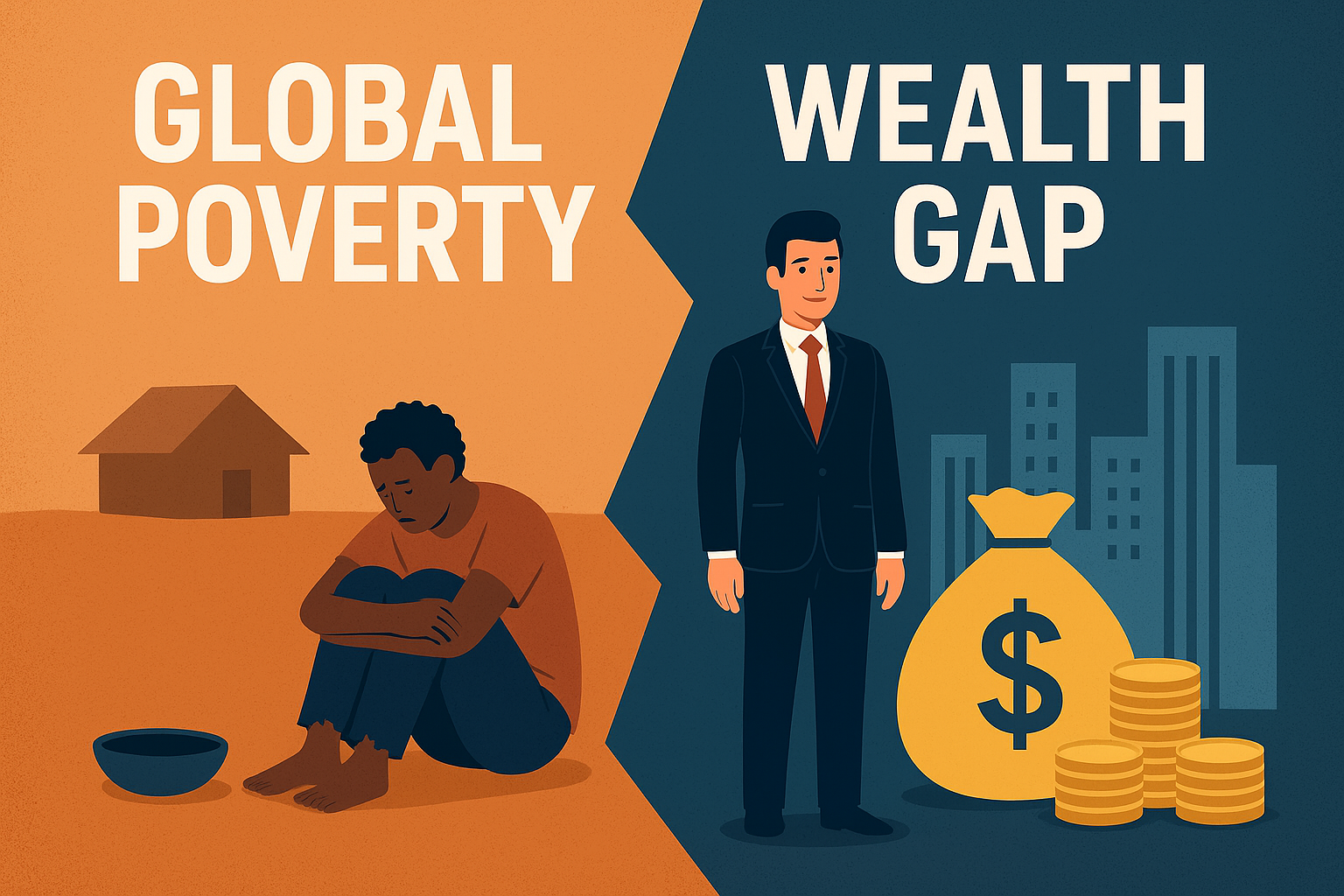
Introduction
Poverty has been one of the most pressing issues faced by humanity for centuries. Even in today’s modern and technologically advanced world, millions of people struggle to meet their basic needs. At the same time, wealth continues to concentrate in the hands of a small percentage of the population, creating a widening gap between the rich and the poor. This global wealth gap raises serious questions about fairness, justice, and sustainability. Addressing poverty and inequality is not just a moral responsibility but also a necessity for peace and development.
Understanding Global Poverty
Poverty is more than the lack of money. It also means limited access to food, healthcare, education, and safe housing. People living in extreme poverty often cannot secure clean water or proper sanitation, making their lives even more difficult. According to the World Bank, hundreds of millions still live on less than $2.15 a day. Despite progress in reducing poverty over the last few decades, the pace has slowed, and in some regions, poverty has even increased due to economic crises, climate change, and conflicts.
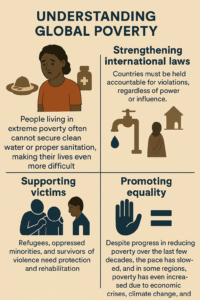
Causes of Global Poverty
Several factors contribute to global poverty, and many of them are interconnected.
-
Economic Inequality: Wealth is often concentrated in a few industries or regions, leaving other areas with fewer opportunities.
-
Lack of Education: Without access to quality education, people remain stuck in low-paying jobs with little chance for improvement.
-
Poor Governance: Corruption, weak institutions, and unfair policies keep many citizens from benefiting from national resources.
-
Climate Change: Floods, droughts, and rising temperatures destroy crops, reduce water supplies, and push vulnerable communities deeper into poverty.
-
Conflicts and Wars: Millions are displaced every year, losing homes, livelihoods, and safety.
Because these causes are deeply connected, solving one problem requires addressing others at the same time.
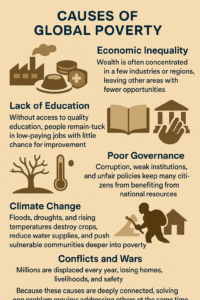
The Wealth Gap: A Growing Divide
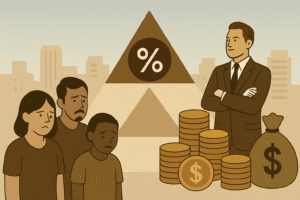
While poverty affects billions, global wealth has never been higher. However, it is not shared equally. According to reports from Oxfam, the world’s richest 1% own more wealth than the rest of humanity combined. This extreme inequality highlights how economic systems favor a small elite.
The wealth gap is not only between countries but also within them. For example, many developing nations have small groups of extremely rich individuals while the majority remain poor. Even in wealthy nations, income inequality is rising, with middle and lower classes struggling to keep up with the rising cost of living.
Effects of Poverty and Wealth Inequality
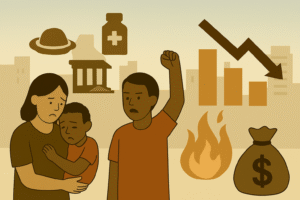
The consequences of poverty and inequality are not limited to those who suffer directly. Instead, they affect entire societies.
-
Health Issues: Poor families often lack access to proper nutrition and healthcare, leading to higher disease rates and lower life expectancy.
-
Education Gaps: Children from poor households are less likely to complete school, trapping them in cycles of poverty.
-
Social Unrest: Extreme inequality can lead to frustration, protests, and sometimes violence as people demand fairness.
-
Slowed Economic Growth: When a large portion of the population remains poor, the economy cannot reach its full potential because fewer people can spend or invest.
In short, poverty and inequality weaken societies from within and threaten long-term stability.
Transitioning Toward Solutions
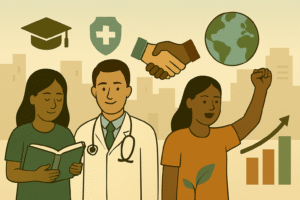
Although global poverty and inequality present serious challenges, solutions exist. Importantly, they require collective action, both locally and internationally.
-
Investing in Education
Education remains one of the most powerful tools to break the cycle of poverty. When children and adults gain knowledge and skills, they can access better job opportunities and improve their living standards. Moreover, educated communities contribute to innovation and progress. -
Healthcare Access
Healthy individuals are more productive and can build stronger communities. Expanding healthcare services, particularly in rural and low-income areas, is essential to reduce inequality. -
Fair Economic Policies
Governments must implement policies that reduce the wealth gap. For instance, progressive taxation, fair wages, and social safety nets help create a balance between the rich and the poor. Furthermore, fighting corruption ensures resources are used for public welfare rather than private gain. -
Global Cooperation
Since poverty is a global issue, nations must work together. Developed countries can support poorer nations through aid, debt relief, and fair trade practices. Additionally, international organizations like the United Nations play a vital role in setting goals and monitoring progress. -
Empowering Women
Studies consistently show that empowering women leads to stronger economies. When women have equal access to education, jobs, and leadership roles, entire families and communities benefit. -
Addressing Climate Change
Protecting the environment is directly linked to reducing poverty. Sustainable farming, renewable energy, and disaster preparedness programs can prevent vulnerable populations from falling deeper into poverty.
A Path Forward
Transitioning to a fairer world requires more than just small changes. It demands a shift in mindset. Wealth should not be seen only as personal success but also as an opportunity to uplift others. Philanthropy, corporate responsibility, and ethical business models all have roles to play. Furthermore, individuals can contribute by supporting fair-trade products, donating to charities, or volunteering in local communities.
Conclusion
Global poverty and the wealth gap remain some of the biggest challenges of our time. Yet, they are not impossible to solve. With education, healthcare, fair policies, and global cooperation, societies can reduce inequality and ensure a better future for all. Moreover, bridging the gap between the rich and the poor creates not only justice but also stability and growth. In the end, addressing poverty is not charity—it is an investment in humanity.
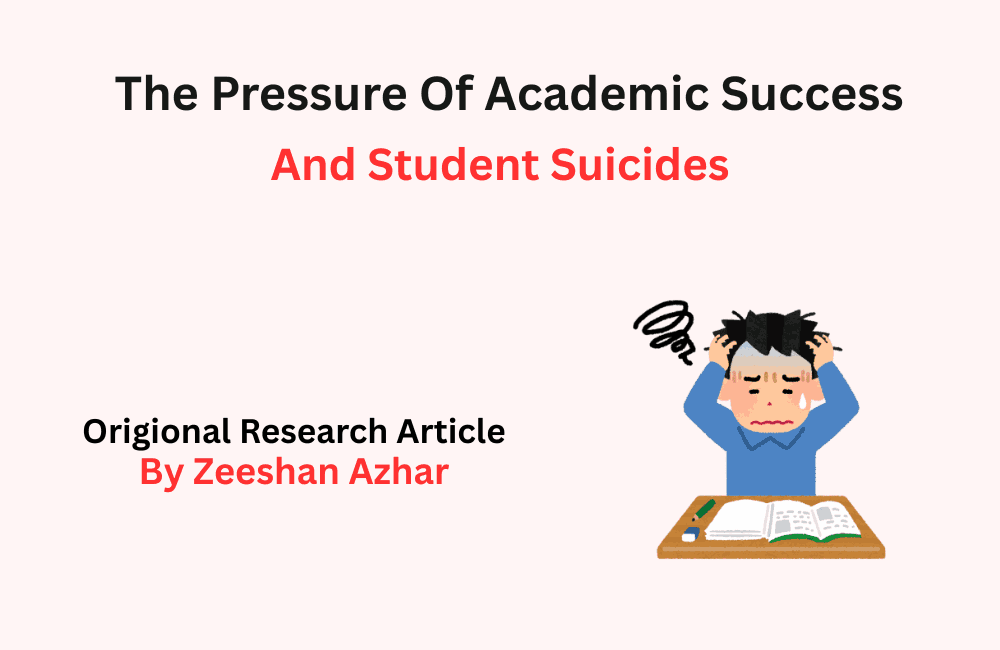
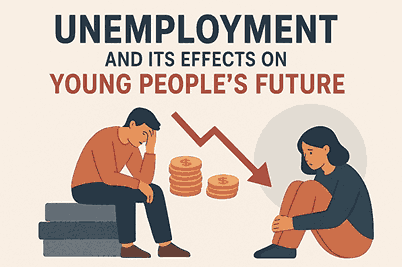
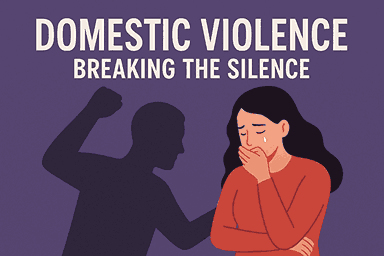
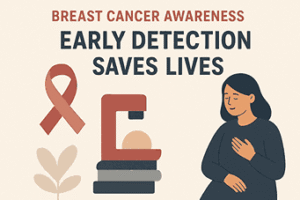
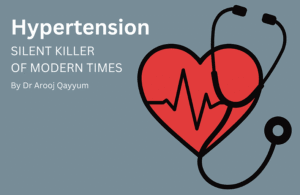
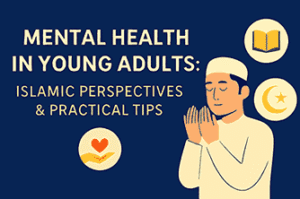
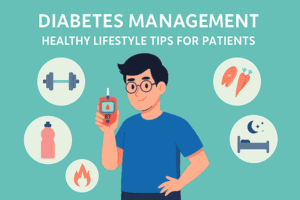
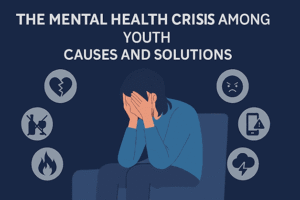
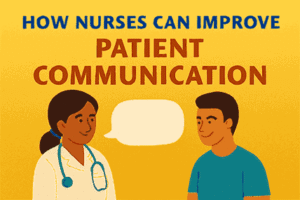
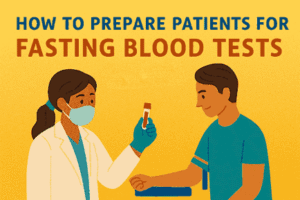
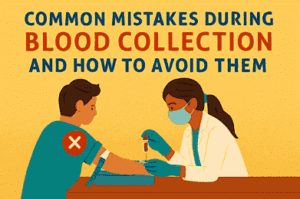
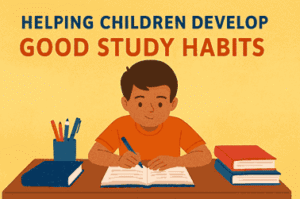
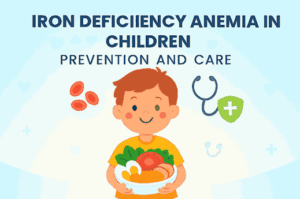
Post Comment